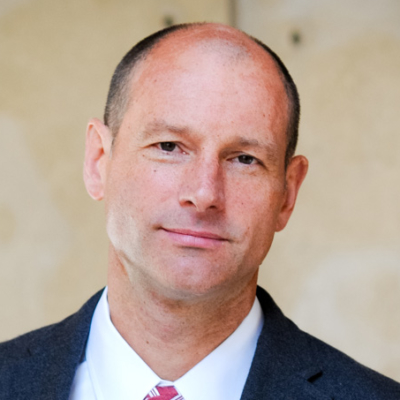School Equity Lawsuits Face Setbacks: Have Judges Closed The Courthouse Door To Students?
Summary
Using the courts to bring sweeping change to schools — from challenging teacher tenure to arguing over how much money is spent on education and how fairly it is distributed — has proved increasingly difficult in recent years.
Some states, including Tennessee and Pennsylvania, have school funding cases pending; earlier this year, Chicago Public Schools filed a suit against the state of Illinois for alleged unfair funding. Kansas plaintiffs just won a judgment that the state’s schools aren’t receiving enough money.
…
“In the last eight years or so, courts appear to be becoming wary and weary of the large-scale [school funding] adequacy-style litigation,” said Bill Koski, a Stanford University professor who represented the losing plaintiffs in a California funding case.
“Even in … jurisdictions where there’s a plaintiff win, the story is more complicated,” he said. Victories haven’t always led to new infusions of money, but rather to drawn-out battles over how to carry out the decision. This comes even as a raft of new research shows that favorable funding decisions resulting in more money for poor districts can help students in the long run.
…
Koski thinks the difficulties of implementing decisions in certain states have deterred judges elsewhere from ruling for the plaintiffs.
“Courts are looking at those kinds of cases and worrying, ‘Are we putting our institutional credibility on the line? Are we essentially provoking a constitutional crisis by taking on these really big cases?’”
…
To date, these lawsuits have not yielded any clear victories, but Koski said it’s too early to say how successful they will be as a whole.
…
Koski said he’s skeptical it will survive appeal.
“It was far too sweeping to stand up — special [education], to teacher evaluation, to standards,” he said of the decision, which in some instances mandated changes that few if any other states had successfully implemented, like a differentiated teacher evaluation system or high school graduation standards aligned to college readiness.
…
“That is the irony,” said Koski. “What can I say? We lost in California. We never got our day in court. We would have loved to have shown that [research].”
Read More
